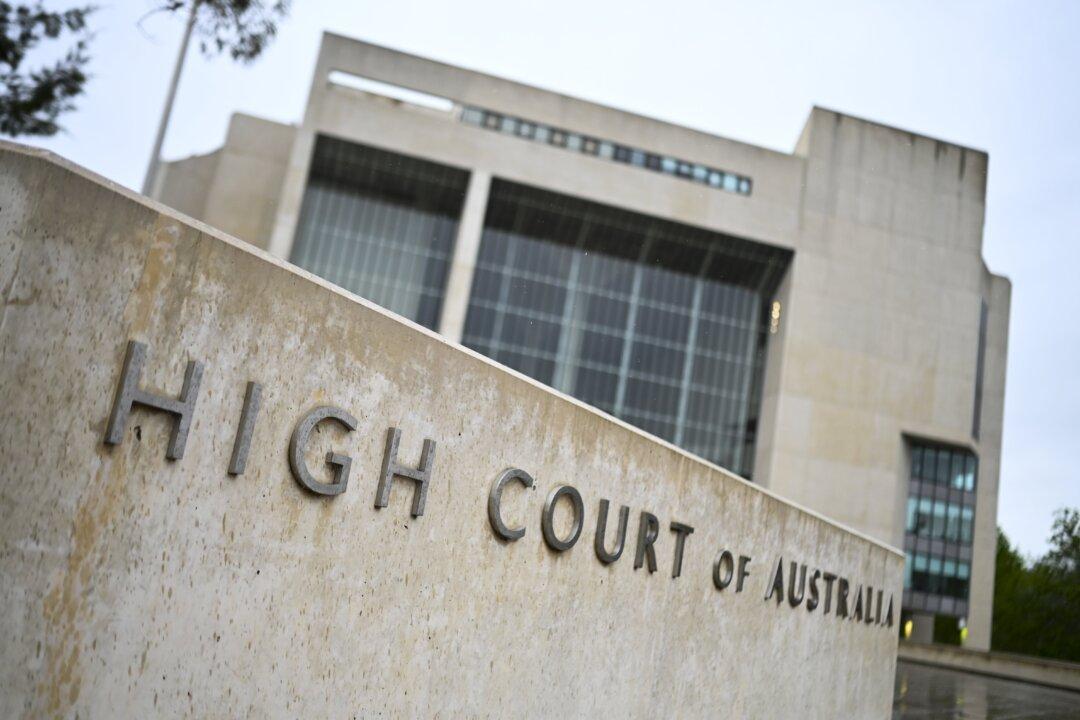The High Court of Australia ruled on Nov. 8 that the federal government’s practice of holding asylum seekers in indefinite immigration detention is unlawful.
The move overturns a 20-year-old precedent that allowed such detention if the unsuccessful asylum seeker couldn’t be moved to another country.





